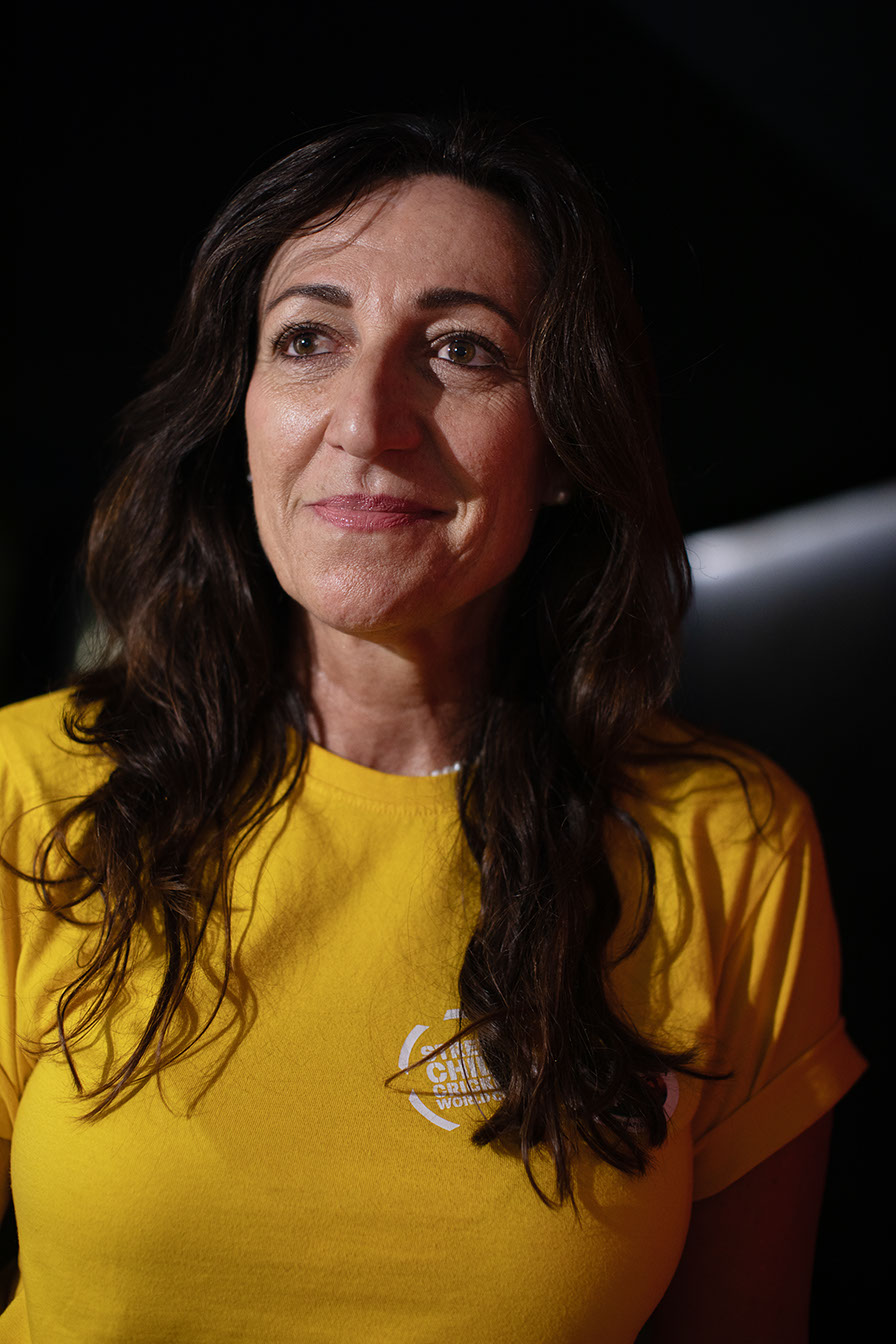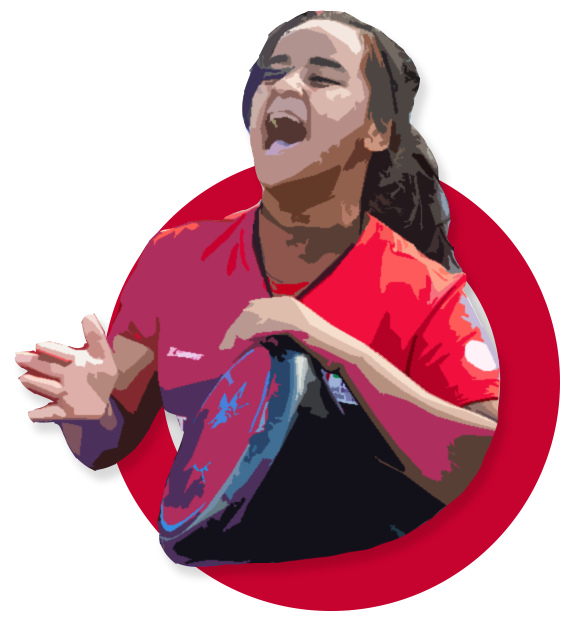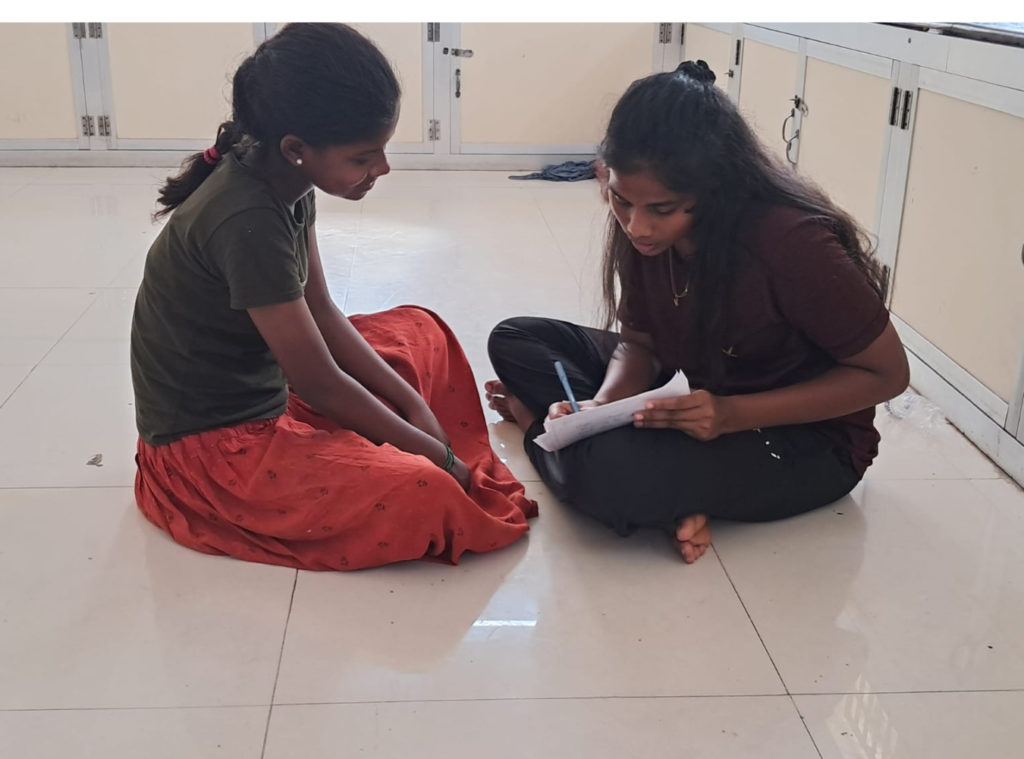Volunteer Spotlight: Val, Congress
Name: Valquiria “Val” Dawes
Age: 57
Hometown: From Brazil but has lived in the UK for 18 years
How did you hear about SCU and why did you apply?
In 2014, I was contacted by SCU as I was part of a Cambridge Brazilian society and they needed Portuguese speaking interpreters to help with an event that was happening in Cambridge. So I went along to help the team leaders that were planning to travel to the World Cup in Brazil.
It’s funny because they asked me how many days I was available that week and I wasn’t sure what the project was about so I said I’m only available two days. But then I met all of the team leaders and saw what this project was about and completely fell in love with the objective – so I made myself available every single day. i

At that time, I didn’t ever miss a workout, I’m very focused. And I missed every single day of my workout. Because I didn’t want to not be there.
How many Street Child World Cups have you done now?
Every one apart from the very first one – so from Brazil in 2014, 2016 games, cricket in London, Russia, Qatar… don’t ask me the timings! We even had six kids that came to Cambridge to study English for three months. I was very much involved again because there were two kids from Brazil – Rica and Jessica – so I helped them settle in, took them to London, made sure they were managing well. The two girls were missing Brazilian food so much and I cooked them a home-cooked meal with my mother. They loved it!
What is your role at the Street Child Cricket World Cup this time around?
So this one I’m helping with Congress. Congress is an opportunity for the children to discuss their issues and how they can take their demands for change back to their country. Once we identify what the main issues are, we then try to put a few teams together that share similar issues. I help as a coordinator with one team and we do lots of exercises to uncover the challenges they face.
For example, one of the themes for my team is a lack of identity. Without identification, they have difficulties accessing education and are sometimes just sitting on the streets. And because they don’t have documents, the police sometimes come down and take them away to prison. No ID also means they can’t open a bank account and can’t access healthcare.
What impact does Congress have on the children?
My team have decided to do a play to act out the issue they want to change, so I’m playing director. It’s great to see how liberating this is for them and when they’re on stage, they feel empowered. It is incredible to see some kids who were just sitting there at the start like, “I’m shy, I don’t want to do anything” slowly build up their confidence. And now they actually take part and interact with teams from different countries together. They feel good about themselves, because they are expressing themselves through acting, and it is fascinating.
It’s also about the children being able to share the same issues with others and knowing that it is not only them.
Have you always been a Congress volunteer?
Yes and no. Usually I am allocated Congress but only as a language interpreter, but when I became more experienced, I became a volunteer team leader in Russia and in Qatar. Last year, I was really busy running around because I was needed as an interpreter too.
There was one day that I had a break in the morning to relax. My team, Brazil, had an excursion to see the camels in the desert as a treat. They could choose any member of staff to go with them… and they ended up choosing me so I didn’t get a break at all! But I was so honoured and grateful I got to do that trip with them.
What’s the best part about working with Street Child United?
I think I like the challenge of working with children. And even though it’s a small contribution for me, it makes a big difference to other people. And because you are focused on someone else, it actually generates positivity for yourself and makes you a stronger person.
However, the main reason is that when I was 11 years old, I was in Brazil, having some piano lessons. My mother arrived to pick me up in a car and in Brazil we have lots of people that come and beg for money. And this lady in her early 20s started talking to my mother through the car window. At first we thought it was just to make some money. She had a newborn baby, three months old, in her arms. She asked my mother if she would look after this baby because she was from the south of Brazil and we were in the Northeast. She had managed to organise a lift on the back of a lorry to go back to her home, but the baby would not survive the journey. She needed to give this baby away. My mum said okay, so she gave this baby to my mother.
I was so excited by a new baby and asked my mum to keep her. And then the woman carried this beautiful baby through the window to my mum and the baby’s mother gave her a little kiss. As she did so, a little tear dropped onto my mother’s hand and the lady said “please promise me that you will never give this baby away. And tell her that I gave her away because I love her.” And my mum drove off. And that’s my sister and we’re very lucky to have her.
You have your son, Charles, here with you this year. What has that experience been like?
He’s only 18 – I think it’s a great opportunity for him before he goes to university. What a great opportunity for him to be exposed to this level of responsibility and to really serious issues, and to learn how to deal with working as a team, learning how to delegate, to realise how lucky and privileged he is to have had his upbringing in England.
Having said that, of course, he’s always in Brazil. And every time we go to Brazil, we visit the favelas, especially at Christmas. We have a thing that when it’s our birthdays, instead of asking people to bring presents, we ask before the party: Please don’t bring any presents, can you donate instead. Charles has given 100% to this and I think this is going to be stuck forever and he’s going to become addicted.
What’s been your proudest achievement in life?
Wow, my proudest achievement. I think I’m super proud to be able to educate my children in a culture that is very different from mine. And that’s been very challenging, but I like challenges. I come from a very different culture – in Brazil, we have our feelings, here it’s all about thinking. I have always said, I have a dream. If I can bring my children up with Brazilian passion and British politeness, I will be the happiest mother ever. And I think I have done that today. So that’s my biggest achievement in life.
















